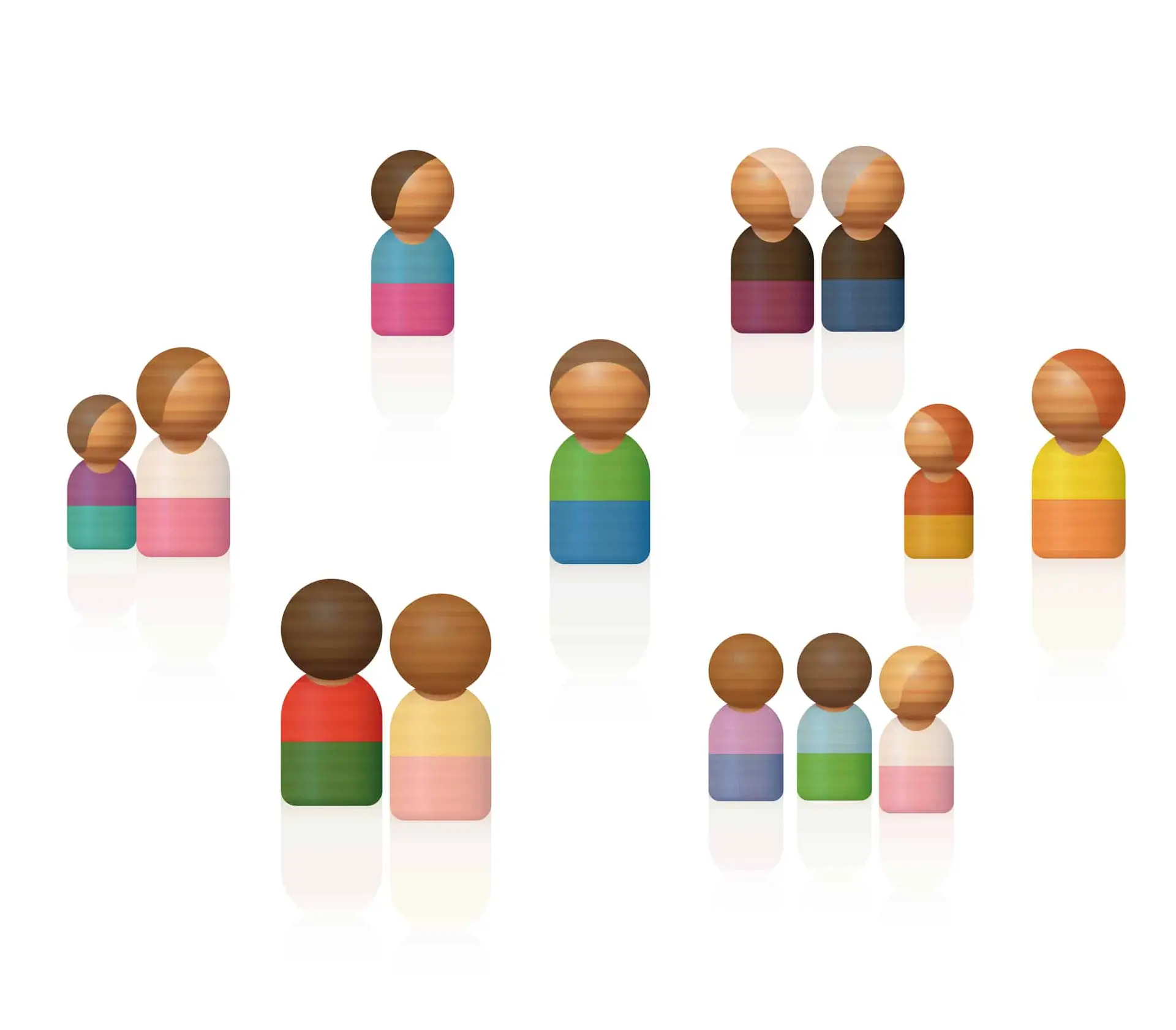Have you ever wondered why you always seem to play the same role in your family, no matter how much you try to change?
In the last post I mentioned that your position in your family of origin is important. I don’t mean sibling position, although both Murray Bowen and Edwin Friedman considered this to be an important factor in functioning. However, some think that sibling position as a determinant of functioning is simplistic and puts too much emphasis on birth order.
When I refer to position, I mean your functioning in your family of origin.
- Are you an overfunctioner? That is, when someone faces a challenge, do you step in to help them without being asked?
- Are you an underfunctioner? Do you downplay or even hide your capabilities so that someone else will take over?
- Are the compliant one? Do you always do “the right thing” according to your family’s norms and values?
- Are you the rebel? Do you do the opposite of whatever your family wants, regardless of what it is?
- Are you the victim? Do you refuse to take responsibility for self, no matter what it is (it’s always someone else’s fault)?
- Are you the hero (closely related to the overfunctioner)? Do you try to fix everything so nobody gets upset?
There is one way that all these positions or roles are the same. They lack self-differentiation. They are focused on “we” and not “I.”
That is, the position is not determined by your own goals and values but is based on the functioning of the system. Whenever something happens in the system, you can predict how people will function by their position.
There are two important points to understand about this.
First, it is easier to function differently outside of your family of origin but only to a certain extent. For example, If you are an overfunctioner, you may not overfunction as much when you are not around your family of origin. Maybe you do well at work, but when you go home for the holidays, you snap back into your old patterns.
However, to the extent that you are under stress and/or the dynamics of the system resemble your family, you are more likely to take the same position. You MAY do better in a congregational or work system, unless it’s stressful and/or it functions like your family of origin.
This leads to the second point. According to Murray Bowen, if you distance yourself from your family of origin, either physically or emotionally, you are more vulnerable to connecting to another system in a similar position. For example, if you’re a rebel and you’ve distanced from your family, you are more likely to be a rebel at work and/or in a congregation.
What does this mean for leadership?
Two things.
First, the healthiest position is the “I” position. This is self-differentiation. It is knowing your goals and values and being able to express them and act on them in a non-anxious way. The emotional forces of any system always move toward “we” or “us.” That’s what surrounding togetherness pressure is.
As a leader, if you are functioning in the same position at work or in the congregation, then you need to focus on reworking your position in your family of origin. That is, you need to figure out how to take the “I” position.
This is hard work. But it’s the best way to grow as a non-anxious presence.
Second, when someone else is taking a certain position at work or in the congregation, i.e. over/underfunctioner, victim, hero, rebel, compliant, etc., it is less about you and more about their position in their family of origin.
Don’t take it personally. Don’t get reactive. Get curious and stay connected.
I’ve found that when I do this, people start to focus less on me and more on their own family of origin. That puts their focus back where it belongs and gives them the chance to mature. You’d be surprised how often this will happen. Give it a try.


